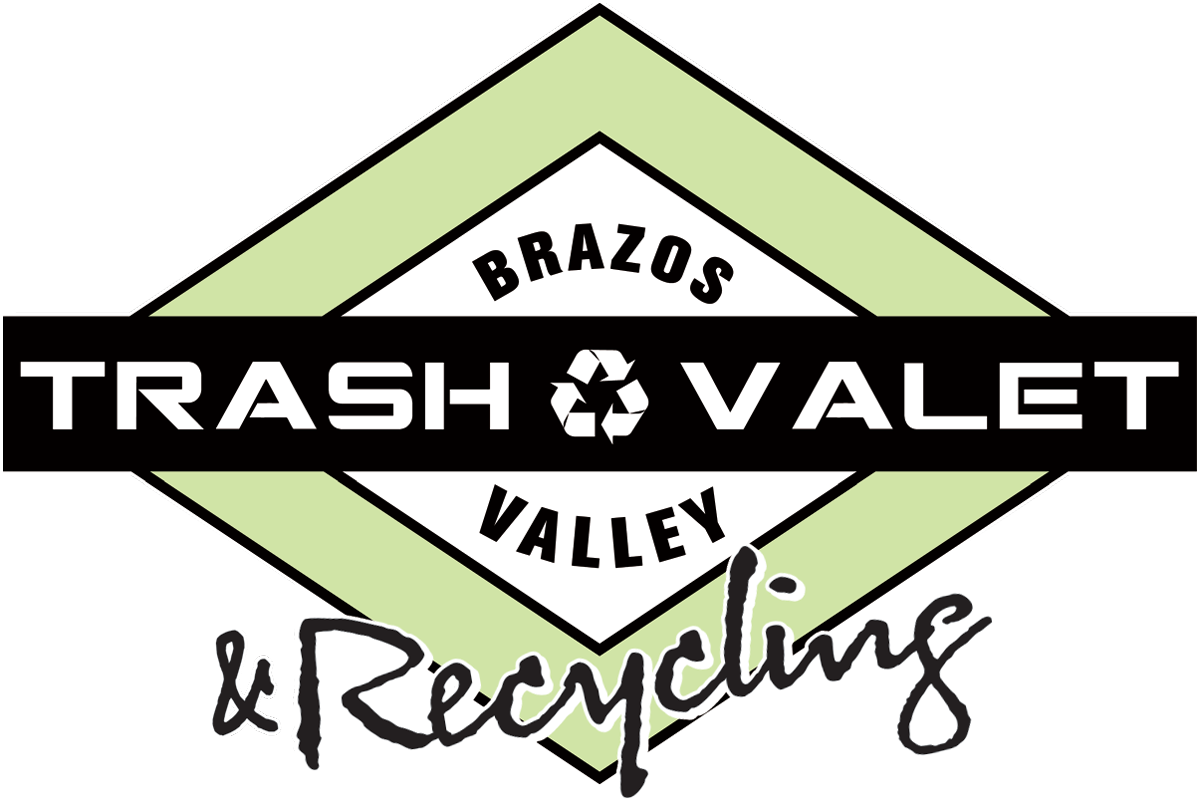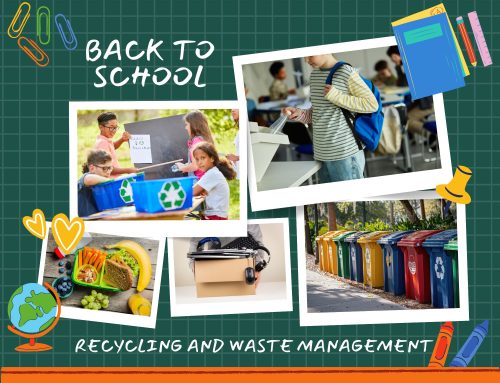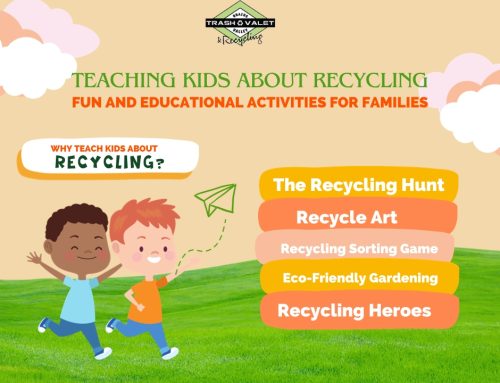The Circular Economy: How Recycling Plays a Key Role in Closing the Loop
In today’s world, sustainability is no longer just a buzzword but a necessity. As concerns about environmental degradation and resource depletion intensify, the concept of the circular economy has gained significant traction. At its core, the circular economy aims to minimize waste and maximize resource efficiency by keeping products and materials in use for as long as possible through recycling, reuse, and regeneration. In this article, we delve into the concept of the circular economy and explore how recycling plays a pivotal role in closing the loop.
Transitioning from Linear to Circular Economies
The traditional linear economy follows a “take-make-dispose” model, where resources are extracted, manufactured into products, used, and ultimately discarded as waste. This linear approach leads to the depletion of finite resources, pollution, and mounting waste streams. In contrast, the circular economy seeks to transform this linear model into a closed-loop system where resources are continuously reused, recycled, and regenerated.
The Role of Recycling in the Circular Economy
Recycling lies at the heart of the circular economy, serving as a fundamental mechanism for recovering valuable materials from waste streams and reintroducing them into the production cycle. Through recycling, materials such as plastics, metals, paper, and glass can be diverted from landfills and incinerators, thereby conserving natural resources and reducing the environmental footprint of industrial processes.
Designing for Recyclability and Reusability
One of the key principles of the circular economy is designing products with recyclability and reusability in mind. By incorporating recyclable materials and modular designs into product manufacturing, companies can facilitate easier disassembly and recycling at the end of a product’s life cycle. This approach not only reduces waste but also promotes resource efficiency and cost savings for businesses.
Closing the Loop: Challenges and Opportunities
Recycling also plays a crucial role in closing the loop for certain materials that have high environmental impacts and long degradation periods. For instance, plastics, which are notorious for their persistence in the environment, can be recycled into new products, thereby mitigating the adverse effects of plastic pollution on ecosystems and wildlife.
Driving Innovation in Recycling Technologies
Furthermore, recycling fosters innovation and the development of new technologies aimed at enhancing the efficiency of resource recovery and recycling processes. From advanced sorting technologies to chemical recycling methods, ongoing research and development efforts are driving continuous improvements in recycling infrastructure and capabilities.
Socioeconomic Impacts of Recycling
In addition to environmental benefits, recycling contributes to job creation, economic growth, and the development of a more sustainable society. Recycling industries generate employment opportunities across various sectors, from waste collection and sorting to recycling facility operations and material processing.
Towards a Sustainable Future: Promoting Recycling and Circular Economy Principles
To realize the full potential of recycling within the circular economy framework, it is essential to promote awareness, collaboration, and investment in recycling infrastructure and programs at local, national, and global levels. Governments, businesses, communities, and individuals all have a role to play in advancing the transition towards a circular economy where waste is minimized, resources are conserved, and sustainability is prioritized.
Embracing Recycling for a Sustainable Future
In conclusion, recycling serves as a linchpin in the circular economy, enabling the transformation of waste into valuable resources and contributing to the creation of a more sustainable and resilient future. By embracing recycling practices and adopting circular economy principles, we can collectively work towards building a regenerative and waste-free world for generations to come.
Share This Story, Choose Your Platform!
The Circular Economy: How Recycling Plays a Key Role in Closing the Loop
In today’s world, sustainability is no longer just a buzzword but a necessity. As concerns about environmental degradation and resource depletion intensify, the concept of the circular economy has gained significant traction. At its core, the circular economy aims to minimize waste and maximize resource efficiency by keeping products and materials in use for as long as possible through recycling, reuse, and regeneration. In this article, we delve into the concept of the circular economy and explore how recycling plays a pivotal role in closing the loop.
Transitioning from Linear to Circular Economies
The traditional linear economy follows a “take-make-dispose” model, where resources are extracted, manufactured into products, used, and ultimately discarded as waste. This linear approach leads to the depletion of finite resources, pollution, and mounting waste streams. In contrast, the circular economy seeks to transform this linear model into a closed-loop system where resources are continuously reused, recycled, and regenerated.
The Role of Recycling in the Circular Economy
Recycling lies at the heart of the circular economy, serving as a fundamental mechanism for recovering valuable materials from waste streams and reintroducing them into the production cycle. Through recycling, materials such as plastics, metals, paper, and glass can be diverted from landfills and incinerators, thereby conserving natural resources and reducing the environmental footprint of industrial processes.
Designing for Recyclability and Reusability
One of the key principles of the circular economy is designing products with recyclability and reusability in mind. By incorporating recyclable materials and modular designs into product manufacturing, companies can facilitate easier disassembly and recycling at the end of a product’s life cycle. This approach not only reduces waste but also promotes resource efficiency and cost savings for businesses.
Closing the Loop: Challenges and Opportunities
Recycling also plays a crucial role in closing the loop for certain materials that have high environmental impacts and long degradation periods. For instance, plastics, which are notorious for their persistence in the environment, can be recycled into new products, thereby mitigating the adverse effects of plastic pollution on ecosystems and wildlife.
Driving Innovation in Recycling Technologies
Furthermore, recycling fosters innovation and the development of new technologies aimed at enhancing the efficiency of resource recovery and recycling processes. From advanced sorting technologies to chemical recycling methods, ongoing research and development efforts are driving continuous improvements in recycling infrastructure and capabilities.
Socioeconomic Impacts of Recycling
In addition to environmental benefits, recycling contributes to job creation, economic growth, and the development of a more sustainable society. Recycling industries generate employment opportunities across various sectors, from waste collection and sorting to recycling facility operations and material processing.
Towards a Sustainable Future: Promoting Recycling and Circular Economy Principles
To realize the full potential of recycling within the circular economy framework, it is essential to promote awareness, collaboration, and investment in recycling infrastructure and programs at local, national, and global levels. Governments, businesses, communities, and individuals all have a role to play in advancing the transition towards a circular economy where waste is minimized, resources are conserved, and sustainability is prioritized.
Embracing Recycling for a Sustainable Future
In conclusion, recycling serves as a linchpin in the circular economy, enabling the transformation of waste into valuable resources and contributing to the creation of a more sustainable and resilient future. By embracing recycling practices and adopting circular economy principles, we can collectively work towards building a regenerative and waste-free world for generations to come.




